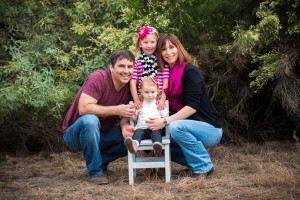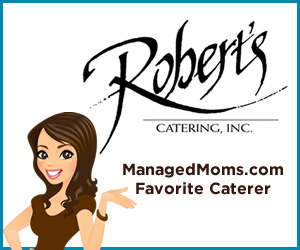I myself am not familiar with the Kaleidoeye Summer Leadership Workshop offered by Mike Sissel, but several of my mom friends (that I have great respect for) have told me that I have got to share this opportunity with my local readers, so I asked managedmoms.com writer, Lisa Walton (also a mother and a teacher) to share her thoughts about Mike’s summer leadership workshop for kids aged 8 to 15 years old. She readily agreed that she would love to recommend him. Following Lisa’s comments is an article that Mike wrote for managedmoms.com. So take a look…
Lisa says:
With so much focus on “core standards” and what students should learn, there is little time to focus on what students really need; the “HOW” to learn. In raising my own teenager, I realize that sometimes the social-emotional needs of our children get over-looked.
Mike Sissel, founder of Kaleidoeye, provides students with self-awareness and self-management skills in his coaching sessions and workshops.  My son had the privilege of participating in his team-building workshops last year at Ahwatukee Children’s Theatre; where he engaged in fun activities that focused on team-building and peer relationships. This summer I’ll be signing him up for more opportunities with Mike to build his confidence and leadership skills.
My son had the privilege of participating in his team-building workshops last year at Ahwatukee Children’s Theatre; where he engaged in fun activities that focused on team-building and peer relationships. This summer I’ll be signing him up for more opportunities with Mike to build his confidence and leadership skills.
I’m excited to announce that Mike is holding summer workshops that focus on leadership and life-skills that kids need today. He teaches students to overcome challenges, how to change their perspective, see themselves as leaders and believe in themselves. Mike was a classroom teacher for over 10 years, where I first met him in Kyrene. He is also a Dad, a writer, and has now fulfilled his lifelong dream of creating a company to provide youth leadership education in schools, organizations, and private coaching sessions. Don’t miss this opportunity for your kids to learn these essential skills in a fun, engaging, hands-on way!
WARNING: application of these leadership principles could result in your child making a positive difference in their own life, and in the lives of others.
And from Mike Sissel, KaleidoEye Summer Leadership Workshop for Kids:
What is the most important thing your child takes to school each day?
The logical answer is “a backpack”. After all, the backpack contains each of the necessary tools for learning, right?
Actually, I believe this answer is only partially correct. It is indeed the backpack that serves as the most important item one brings to school each day, but the backpack I’m referring to does not contain a single school supply. It’s called our emotional backpack.
Every morning, students walk into their classrooms and proceed to empty their physical backpacks. Whether it’s the previous night’s homework or a handful of text books that were used to seek core content knowledge, every student is used to this procedure. Once their backpack is emptied, it sits idly in a locker or cubby, only to be filled up again at the end of the day. This “filling up” and “emptying process” is very similar to the current structure of our school system. We fill up their minds with knowledge, then we ask them to empty (or express) this knowledge in the form of a test.
Unlike the physical backpack, students rarely have an opportunity to empty (or express) what’s in their emotional backpack and the repercussions of this are often costly. Let me give you an example of how this might look in a classroom.
Jennifer walks into her school with a smile on her face. Her two hours of homework are complete and she is ready for the Chemistry test that she has studied feverishly for. With her physical backpack emptied, she walks to her assigned seat, ready to start the “filling” process. By all accounts, she is ready to learn. However, hidden behind the smile, her emotional backpack is filled with a swarm of negative thoughts, which are the result of a rude comment a friend had made about her earlier in the day. Knowing that she doesn’t have an opportunity to empty (or express) her frustration, she simply represses it and calls on her willpower to get her through the day.
At lunch, when her friends ask her how her day is going, she responds with a customary answer of “good”. Even though her emotional backpack is starting to burst at the seams, she can’t possibly let anyone else know that she’s hurting. That’s not the cool thing to do for a teenager.
Despite the fact that Jennifer did well on her Chemistry test and took all of the necessary notes in her classes, she walks into her bedroom after school and proceeds to cry. For this is the only safe place she has to empty her emotional backpack.
Here’s the irony in this story…if you looked at Jennifer’s academic profile (test scores and grades), you would say that she is extremely successful. Is she really successful though? I guess it depends on your definition of success. Sadly, success in school is typically measured with concrete assessment tools, which are quite easy to quantify. In my opinion, success is a combination of one’s IQ (intellectual intelligence) and EQ (emotional intelligence). Having said this, Jennifer isn’t as successful as one would think. While she has certainly received the necessary tools to excel academically, she doesn’t possess an emotional toolkit that will help her to effectively manage her thoughts and emotions.
Would you like to give your child an opportunity to learn to manage their emotional backpack? I encourage you to register them for one of my summer leadership workshops. I can assure you that it will be one of the most valuable gifts you have ever given them.








